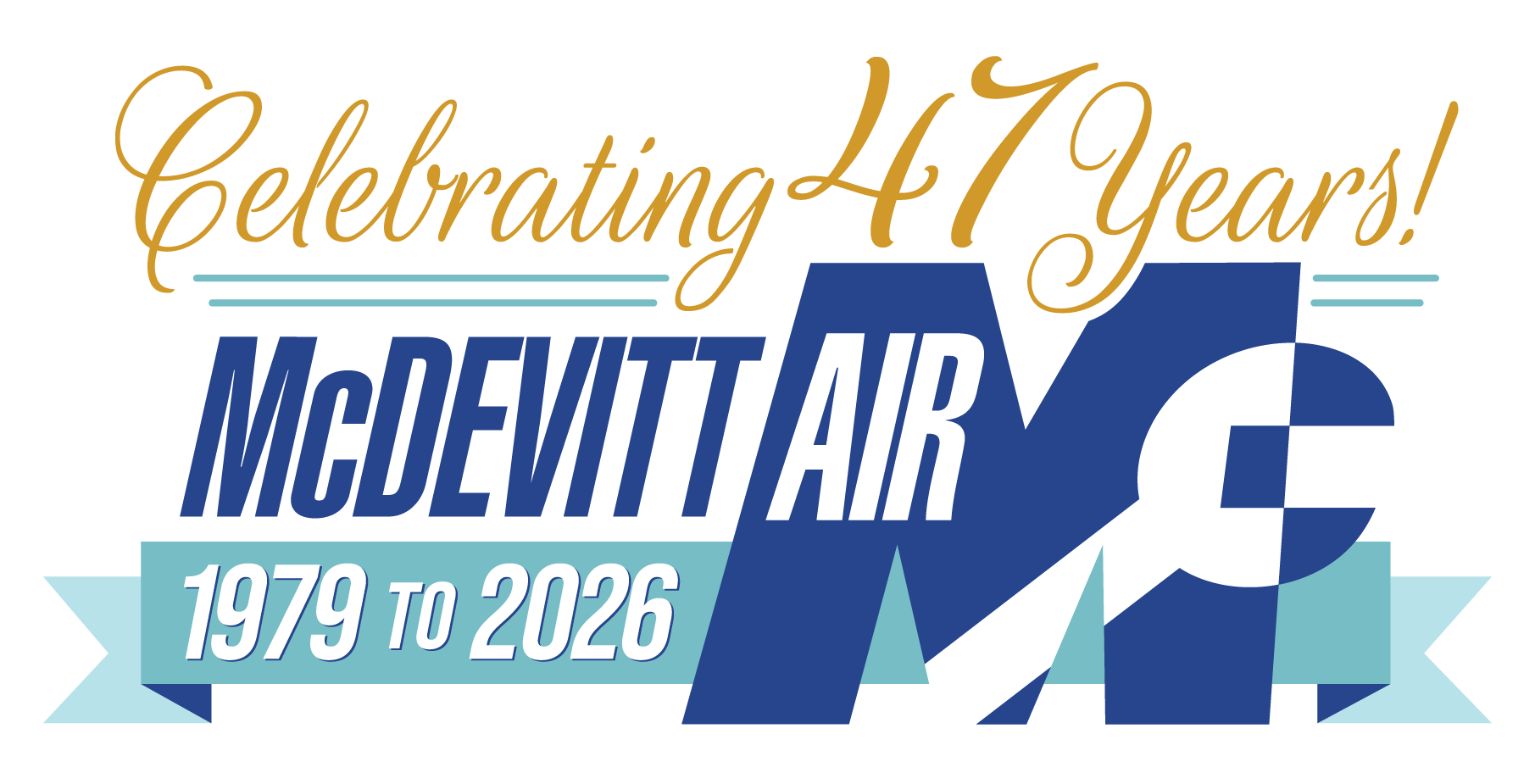If you’ve upgraded your AC system or home within the last year, you may be eligible for tax credits that will help you reclaim some of the cost of the new system. There are additional programs available through the end of 2021 that can help you cash in on rebates for future upgrades as well. Learn more about how you can get money back for creating a more energy-efficient home in Savannah, Georgia.
Cooling Systems Installed in 2017
If your AC system was installed by December 31, 2017, you may be able to claim the 2017 non-business energy property tax credit. Central air conditioning units in the “Most Efficient” ENERGY STAR classification are eligible for a tax credit of $300. If you have a split system, it must have an SEER of 16 or greater and EER of 13 or more. Package systems need a SEER rating of 14 or higher and an EER of at least 12.
Certain air source heat pumps are eligible for the credit as well. Split heat pump systems need an HSPF of 8.5 or more, an EER of at least 12.5, and a SEER rating of at least 15. For a package system, the minimum requirements are an HSPF of 8, EER of 12, and SEER of 14.
Geothermal Heat Pumps Installed Through 2021
Geothermal heat pumps are eligible for a tax credit through the end of 2021. To qualify, your heat pump must meet minimum energy efficiency ratings. A closed loop water-to-air geothermal heat pump needs an EER of a least 17.1 and COP of 3.6 or more. Open loop water-to-air heat pumps need a minimum EER of 21.1 and COP of 4.1.
If you have a water-to-water geothermal heat pump, you must have an EER of at least 16.1 and COP of 3.1 or more with a closed-loop installation. You must have an EER of 20.1 or more and COP of at least 3.5 with an open loop system. A direct expansion geothermal heat pump needs an EER of 16 or more and COP of 3.6 or higher.
You can receive a tax credit for 30 percent of the purchase price for a geothermal heat pump purchased before 2020. The credit drops to 26 percent for systems installed after 12/31/2019 and before 1/1/2021. If you have your system installed after 12/31/2020 and before 1/1/2022, you will receive a 22 percent tax credit.
Insulation Through 2017
A new air conditioner isn’t the only way you can improve cooling in your home. Did you have additional work performed on your home in 2017 that ultimately improved your energy efficiency? You can claim a tax credit for projects completed by the end of 2017.
If you’ve added insulation, weather stripping, caulk, or house wrap to minimize leaks and retain heating or cooling in the home, this credit may be available for you. The product must have a Manufacturers Certification Statement. You’re eligible for a tax credit of 10 percent of the product cost up to $500. Installation expenses are not included.
Home Upgrades in 2017
If you’re planning a home renovation, save money with the right materials. Certain roofing upgrades are eligible for a 10 percent credit up to $500 as well. If you installed a new metal roof with an energy-efficient pigmented coating or an asphalt roof with cooling granules, you can apply for this 2017 tax credit for the cost of materials, excluding labor.
Window and door upgrades are another way to keeping heating and cooling inside and reduce strain on your HVAC system. For 2017, homeowners can receive a 10 percent credit up to $500 for doors and up to $200 for windows provided that the products are ENERGY STAR certified. This covers the product only, and not installation.
Upgrading your home can be a beneficial process both for your comfort and your finances. Energy efficient upgrades not only trim your ongoing utility costs, they may also give you a chance to cash in on rebates like these. If you’re thinking about a new air conditioning system, contact McDevitt Air at 866-692-9402 to learn more about the energy-saving options available to you.
Image provided by Shutterstock


